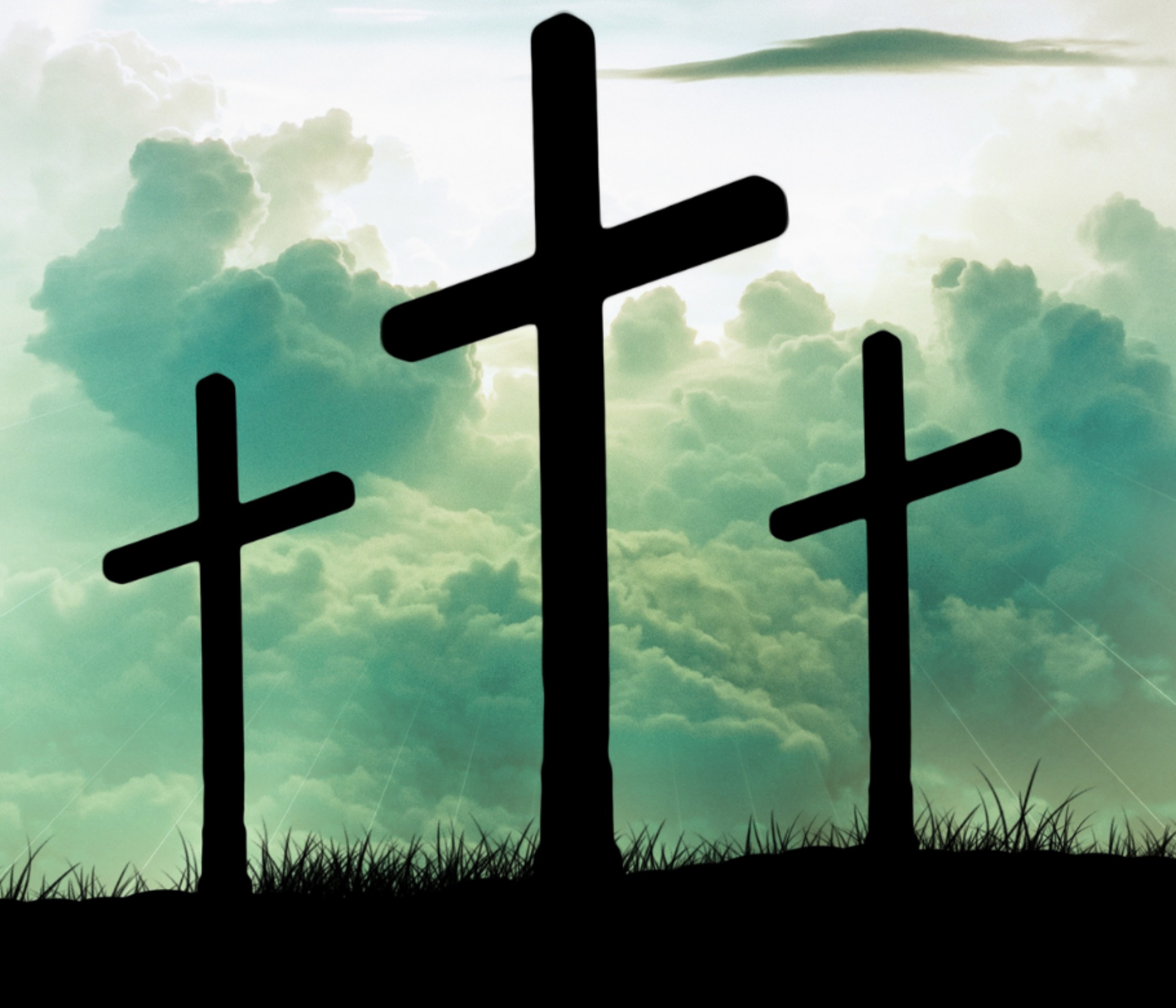An Easter reflection on the cross. We’re called to action without selfishness; to giving without seeking anything in return.
One of the teachers of the law came and heard them debating. Noticing that Jesus had given them a good answer, he asked him, ‘Of all the commandments, which is the most important?’
‘The most important one,’ answered Jesus, ’is this: ‘Hear, O Israel: The Lord our God, the Lord is one.Love the Lord your God with all your heart and with all your soul and with all your mind and with all your strength.’ The second is this: ‘Love your neighbour as yourself.’ There is no commandment greater than these.’
‘Well said, teacher,’ the man replied. ‘You are right in saying that God is one and there is no other but him. To love him with all your heart, with all your understanding and with all your strength, and to love your neighbour as yourself is more important than all burnt offerings and sacrifices.’
When Jesus saw that he had answered wisely, he said to him, ’You are not far from the kingdom of God.’ And from then on no one dared ask him any more questions.
— Mark 12:28-34 —
In this time of uncertainty, many of us are asking the age-old question summarised by Douglas Adams: ‘What’s the meaning of life, the universe and everything?’
This Holy Week, as we go back to the stories, actions and words of Jesus in the days before he died, we find a story which directly addresses Adams’ question. A young scribe hears Jesus debating marriage, and steps in with a well-timed question: ‘Of all the commandments, which is the most important?’
Jesus quotes from Deuteronomy 6:4 – to love God with our hearts, souls, mind and strength; we are to love God with every part of our being that we can muster. Jesus adds ‘mind’ or ‘understanding’ to the list here. Loving God is more than just a debate, it’s who we were created to be. We were made to live for God; giving everything to God and following God’s ways.
To love God is, then, to trust and to obey him. Any act of obedience requires trust. Trust in authority and in God’s word. As the coronavirus picks up pace, we’re called to pray. Some of us may feel helpless and unable to act. Prayer is an act of trust and obedience, taking us further into the heart of God, whilst also a practical way we can respond to the unfolding crisis.
The second command Jesus gives is a quote from Leviticus, ‘love your neighbour as yourself’. We’re not called to love half-heartedly but to spend time, money and effort. We’re called to action without selfishness; to giving without seeking anything in return. As this pandemic spreads, we’ve been asked to love for the greater good by staying at home if our work allows.
Who are we to love? In Luke 10 Jesus answers the question ‘Who is my neighbour?’ by sharing the parable of the Good Samaritan. Our neighbour is the person who needs our help. Right now there are people in need all around us: NHS staff, the elderly, the vulnerable. Whilst people are isolated at home, domestic abuse is also on the rise. There are ‘neighbours’ everywhere we look. This is a time when we can all make the choice to be Good Samaritans, finding ways to extend help and support to those around us.
The debate in the passage we’ve read from Mark 12 occurs just days before the crucifixion and resurrection of Christ. This small debate is a trailer to Jesus was about to demonstrate the ultimate act of love upon the cross. The act of love that Jesus mentions to the young scribe is about to be played out for all humanity on a much bigger screen, by Jesus himself. Jesus never tells us to take a path that he has not already trodden first.
We don’t know whether the scribe stepped out in faith but we have an opportunity to pick up where this story draws to a close. This Easter, we make a choice to love our neighbour; it’s a path well-trodden.

